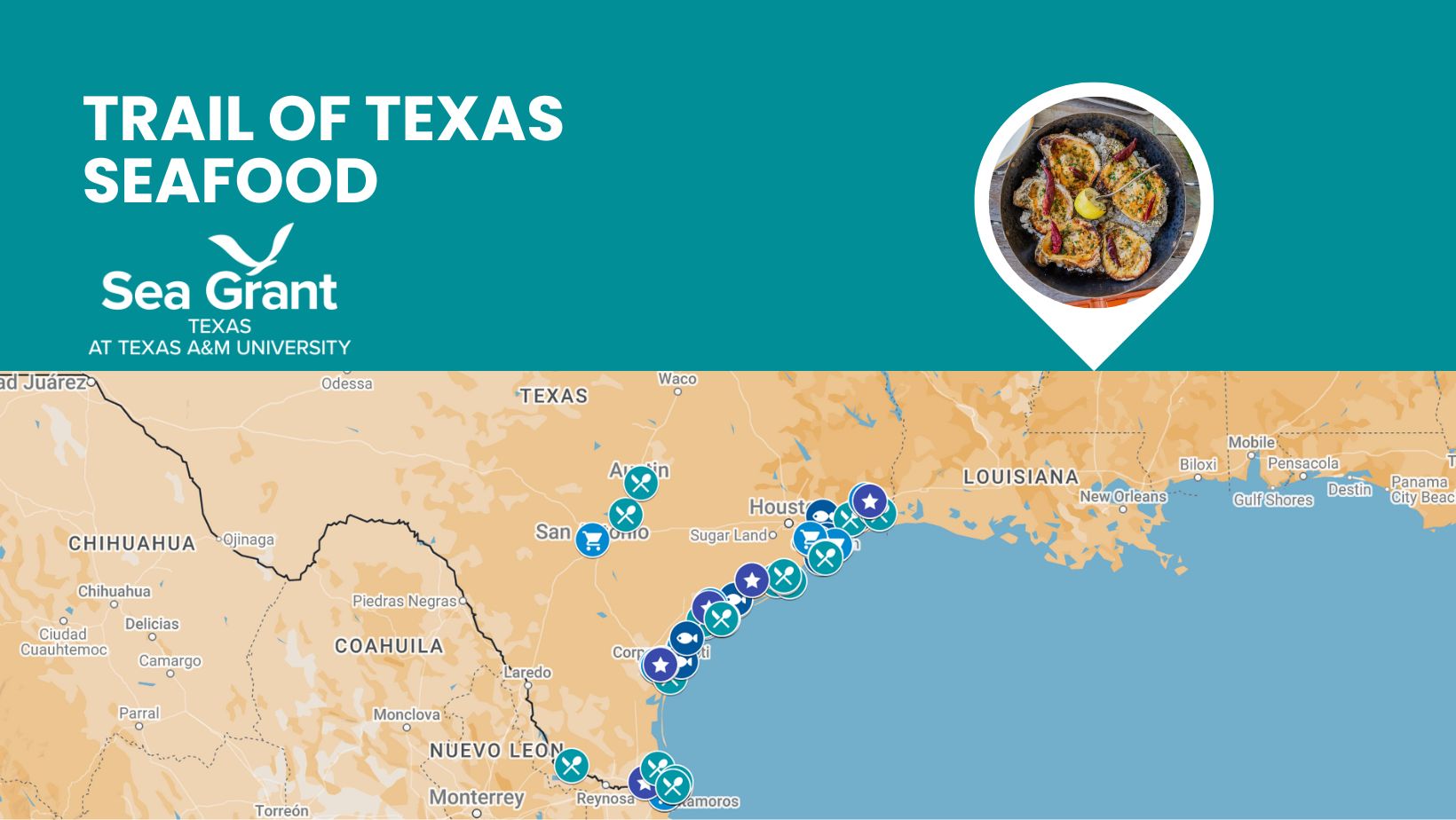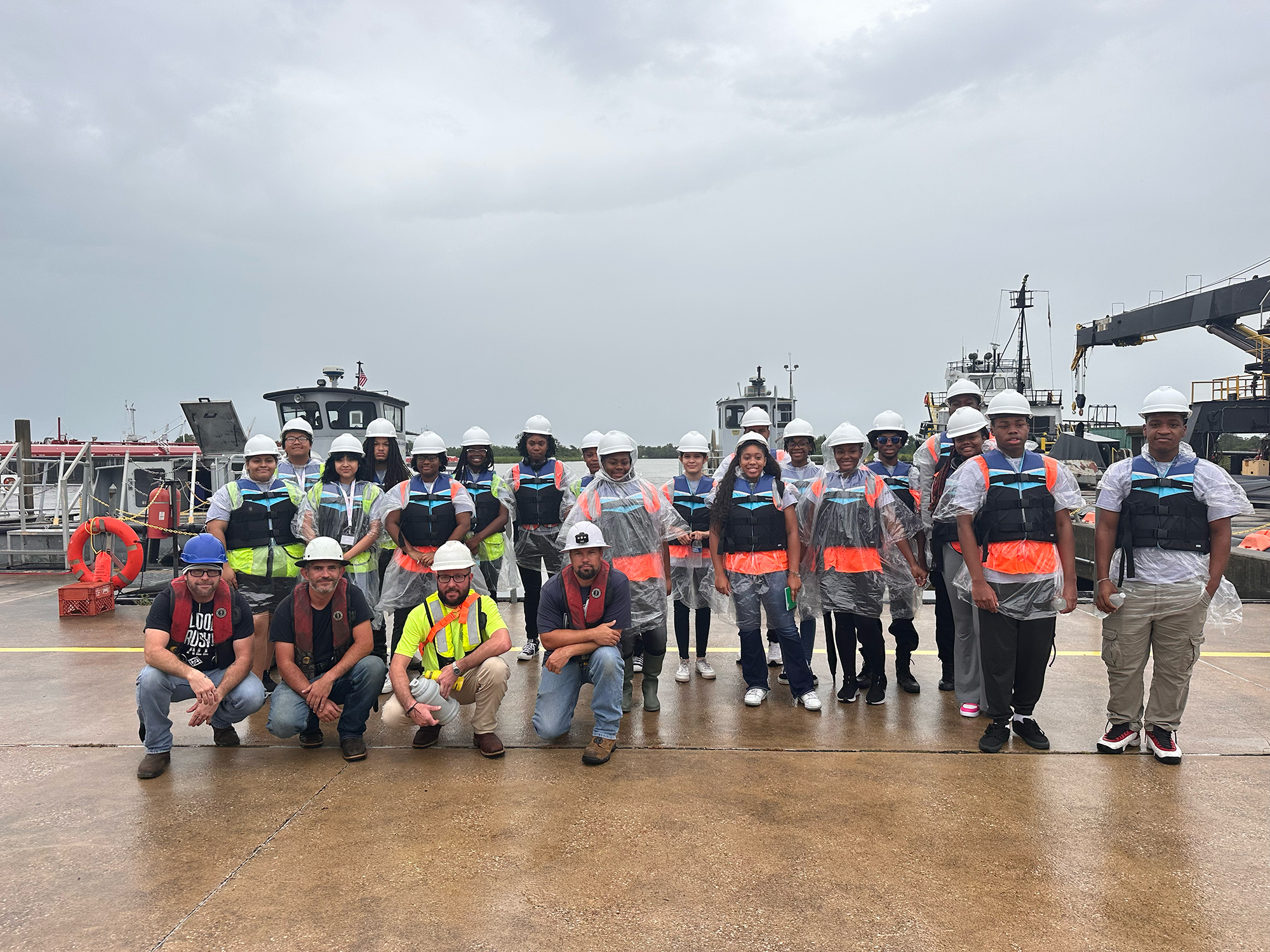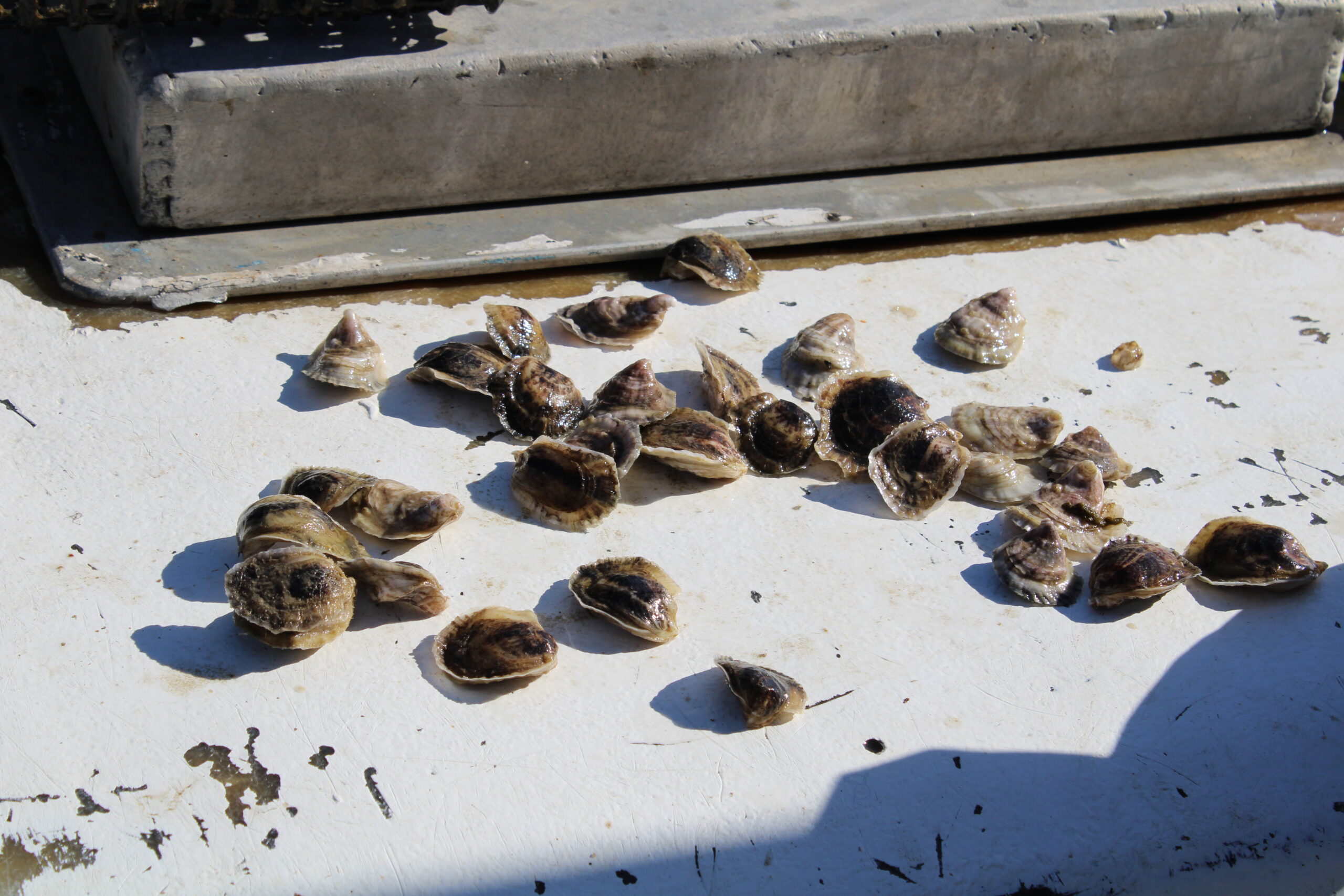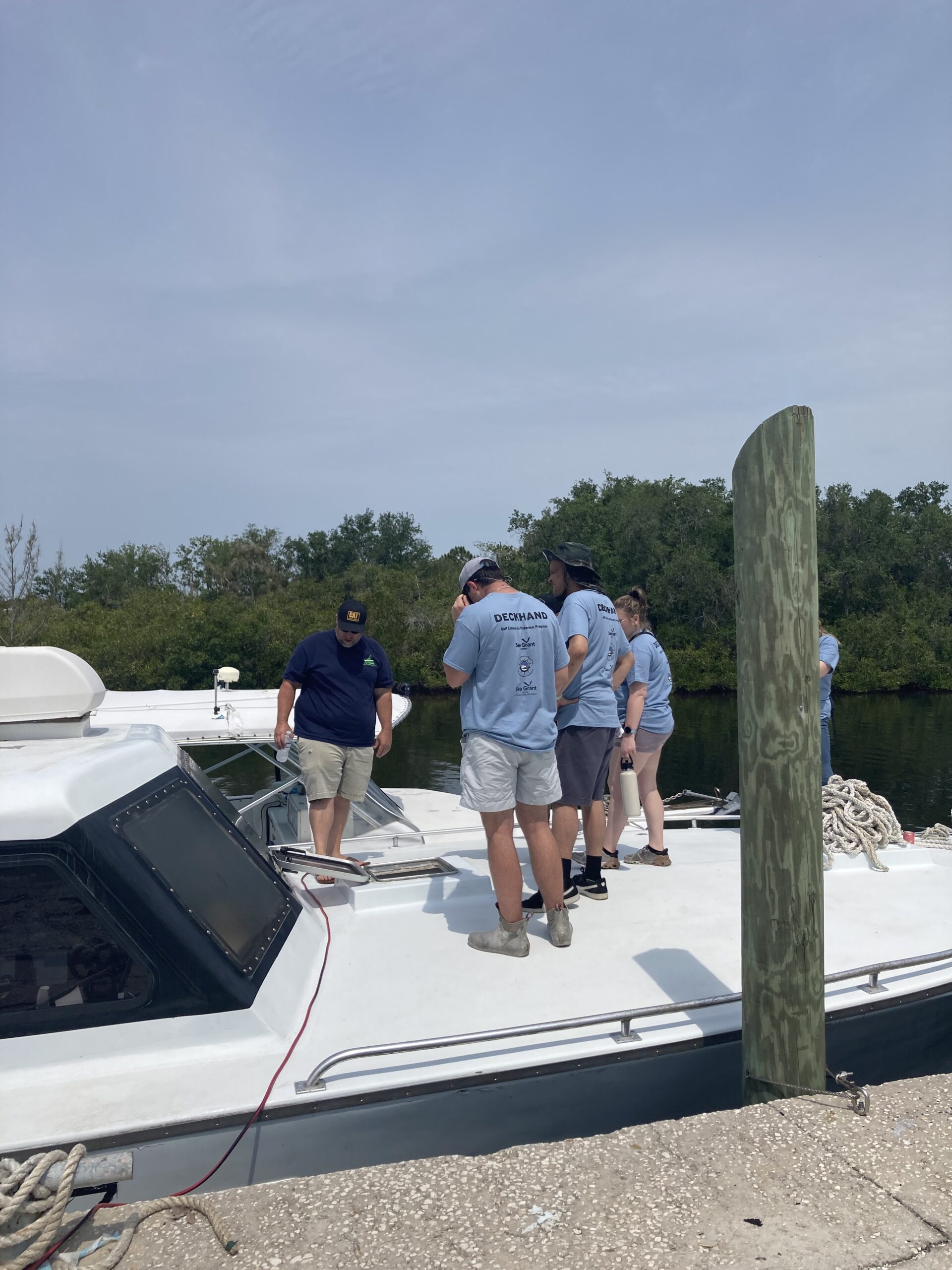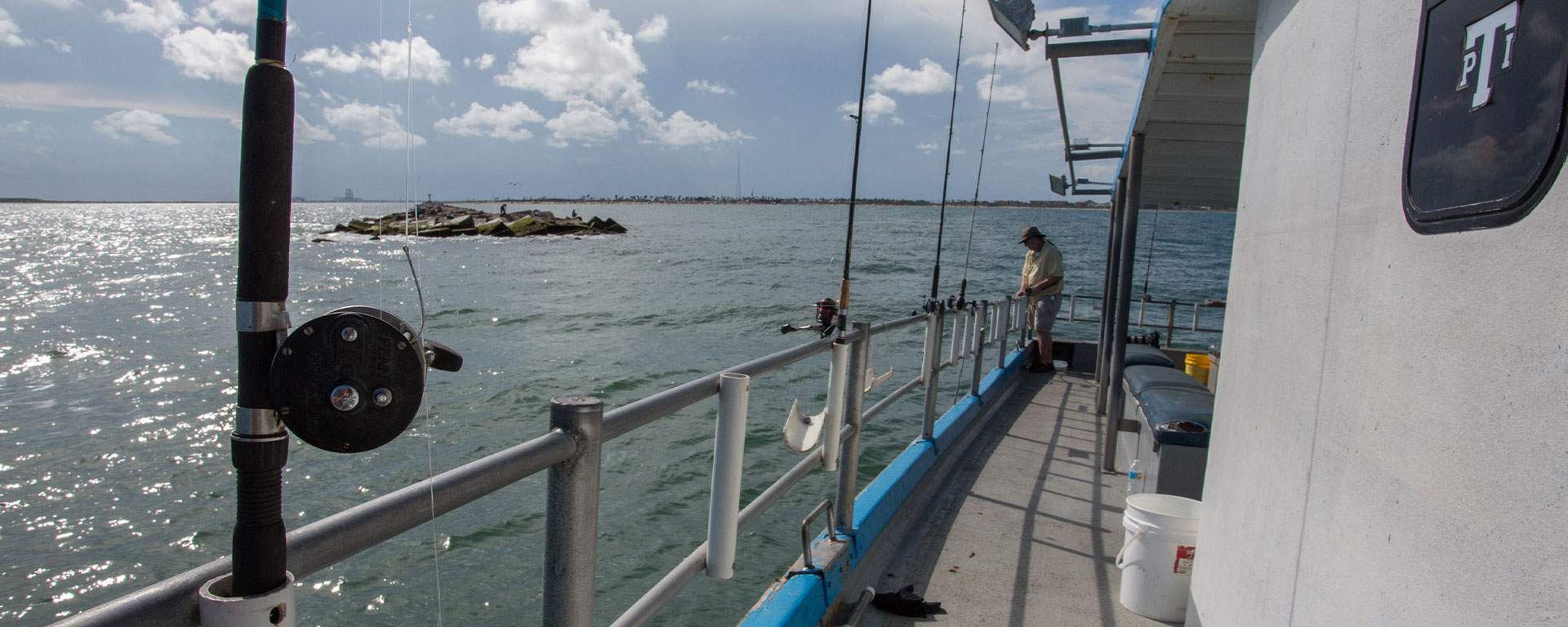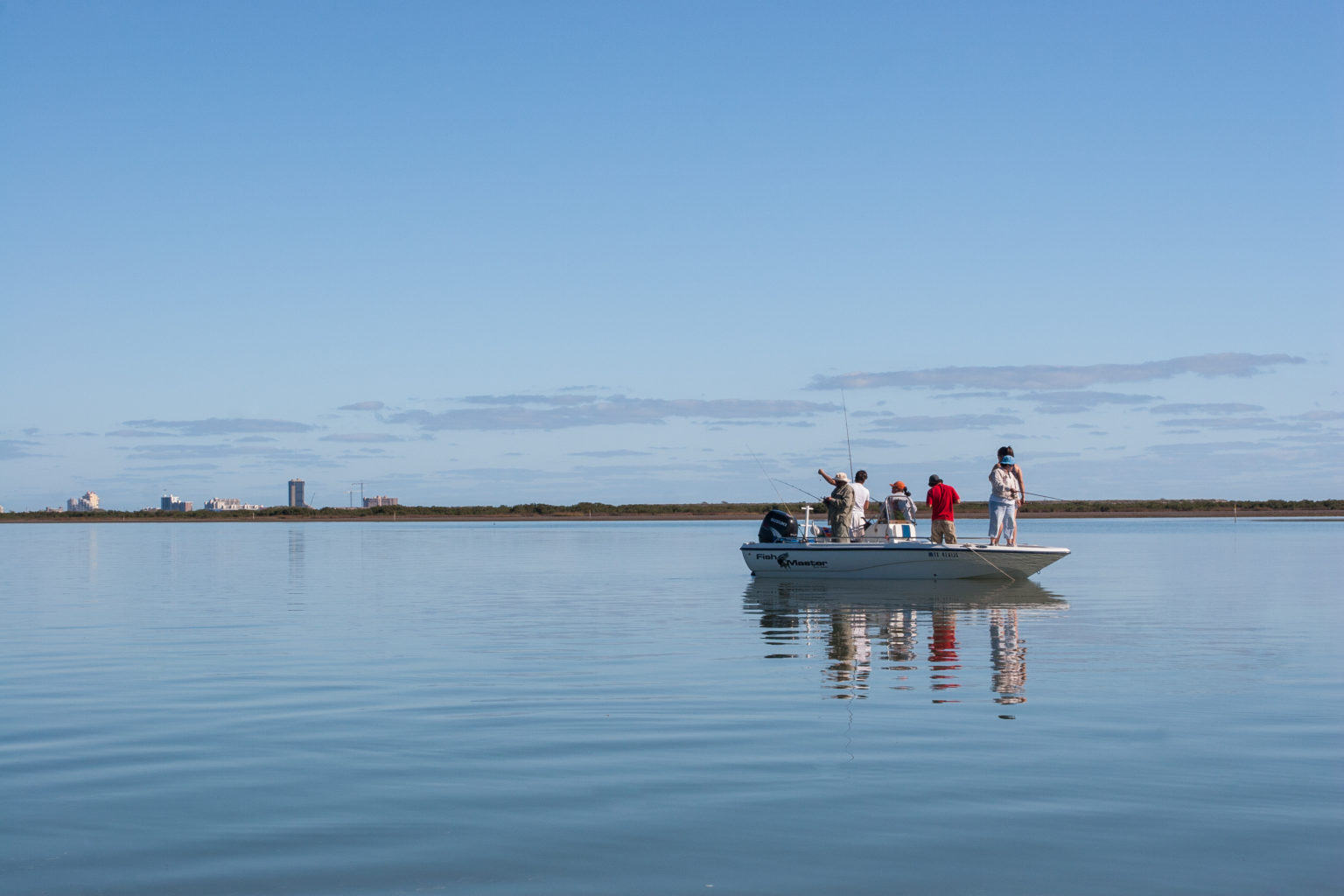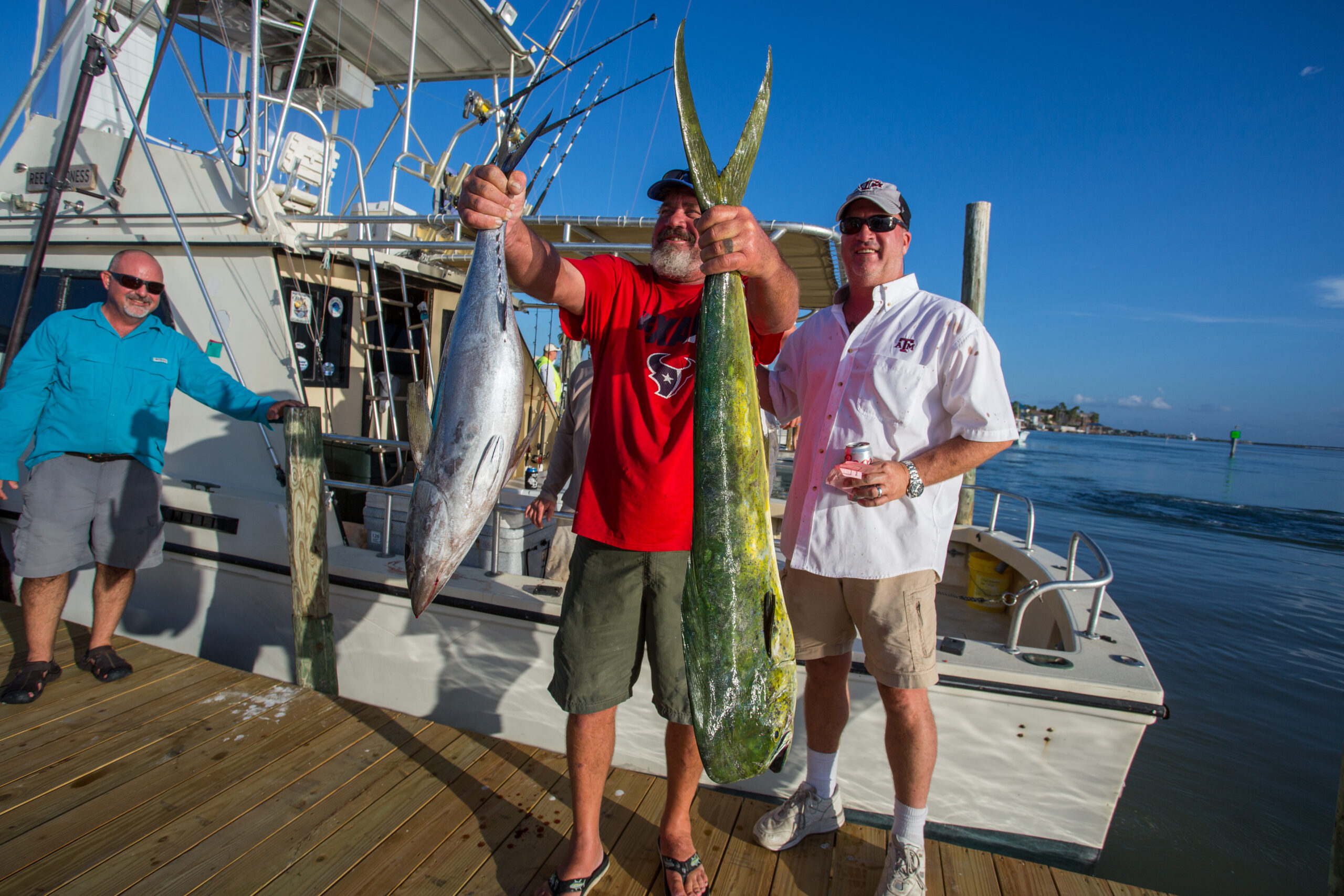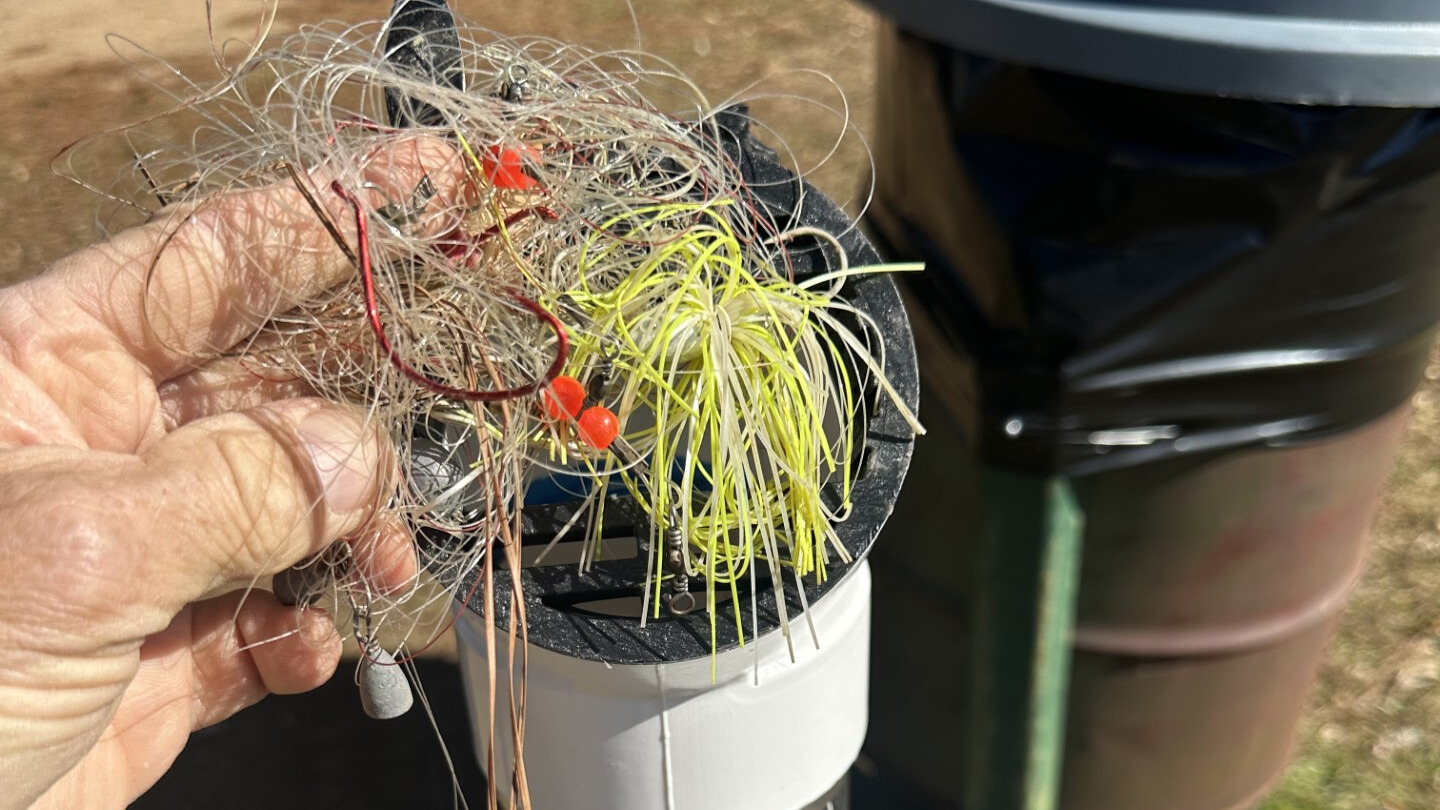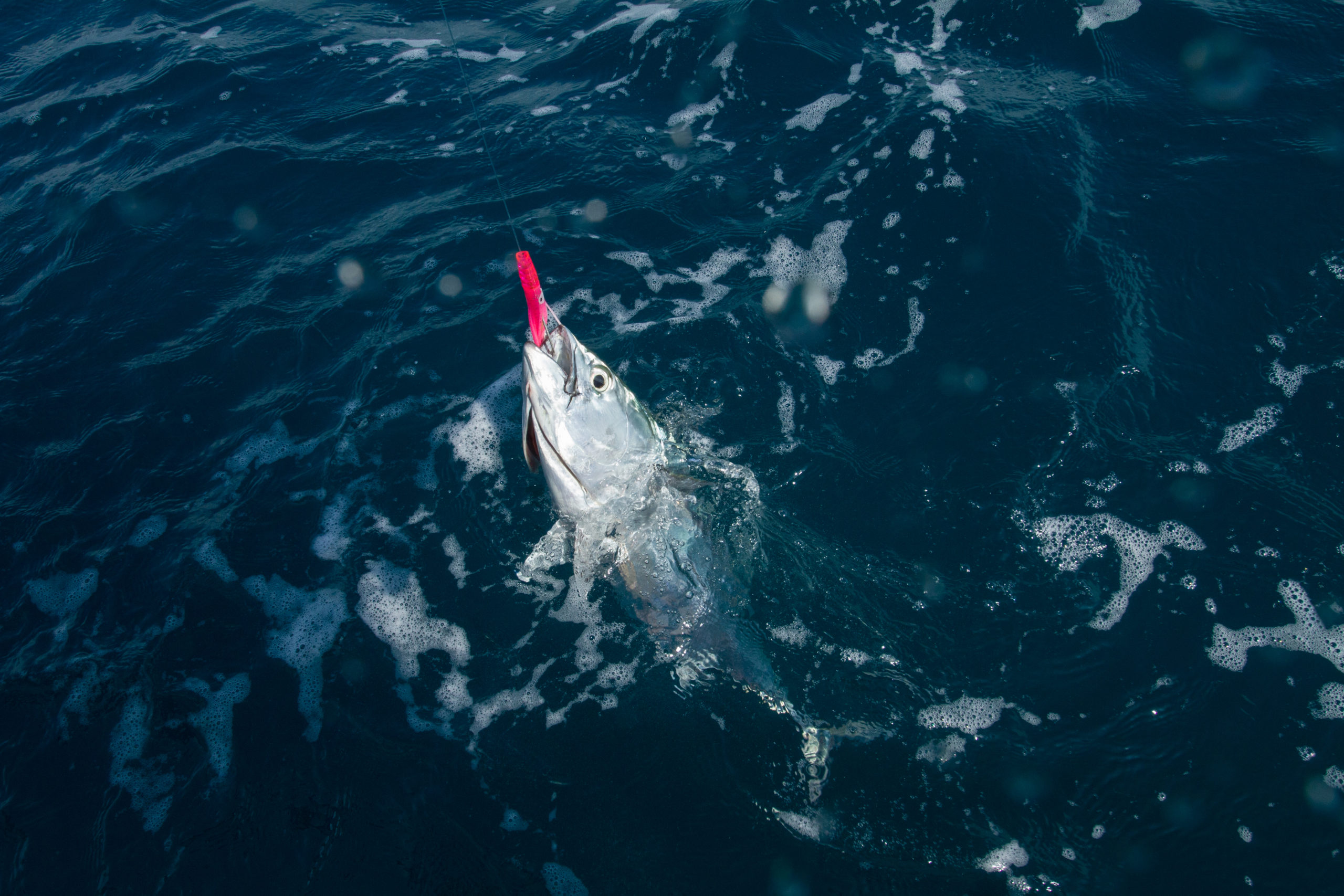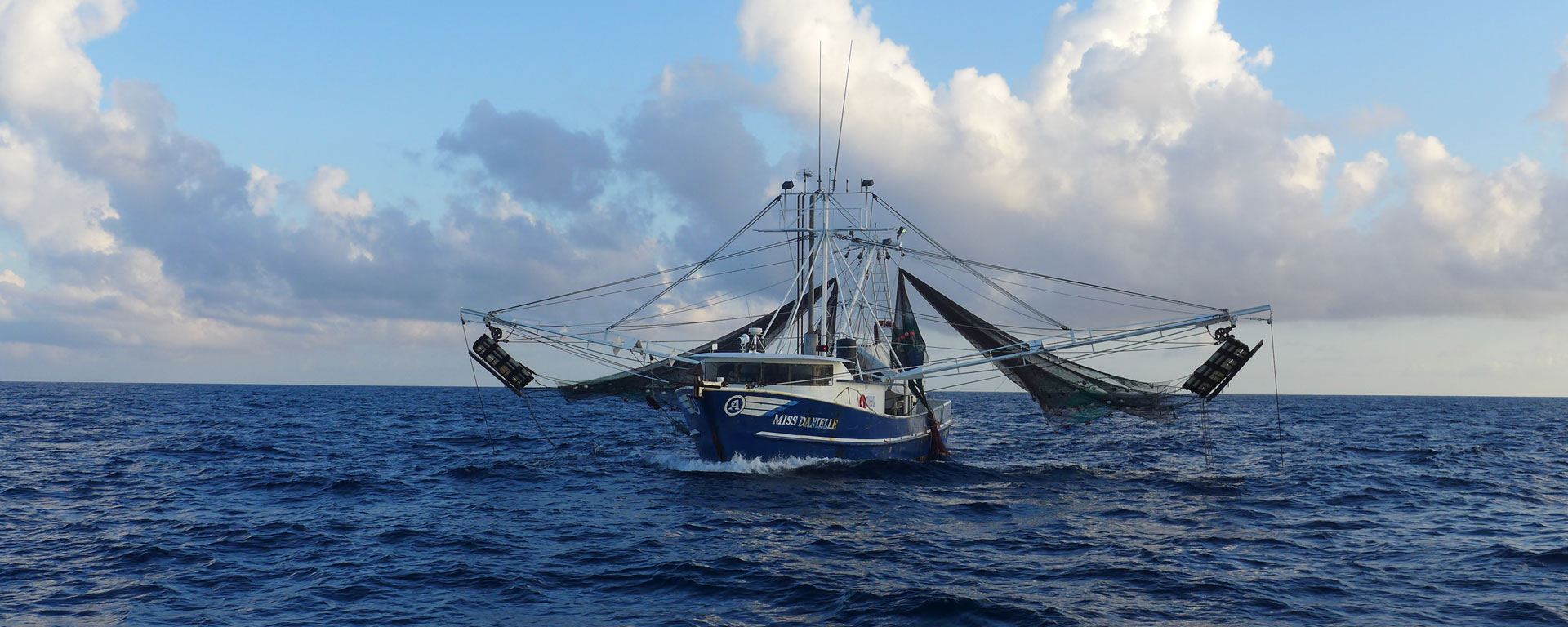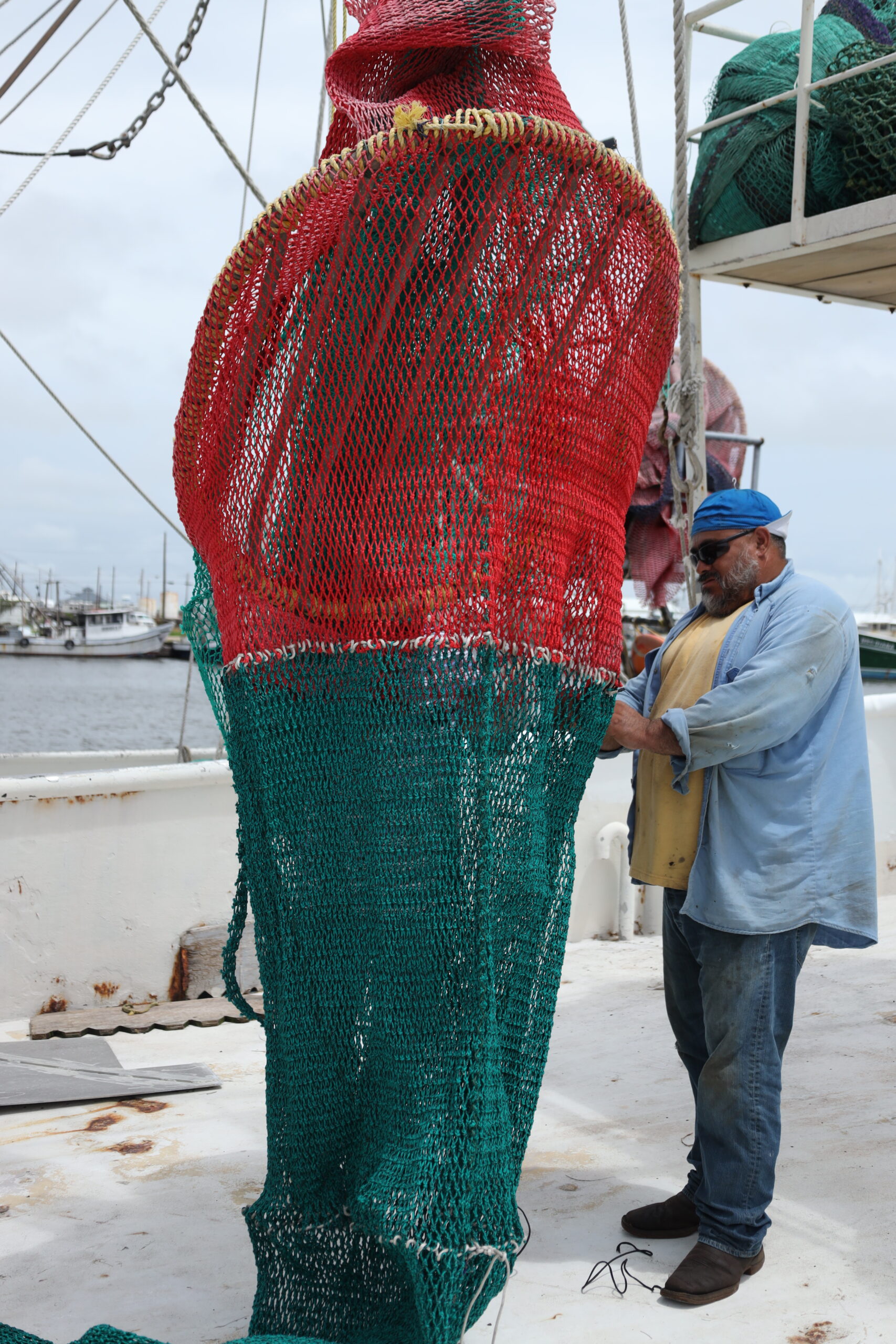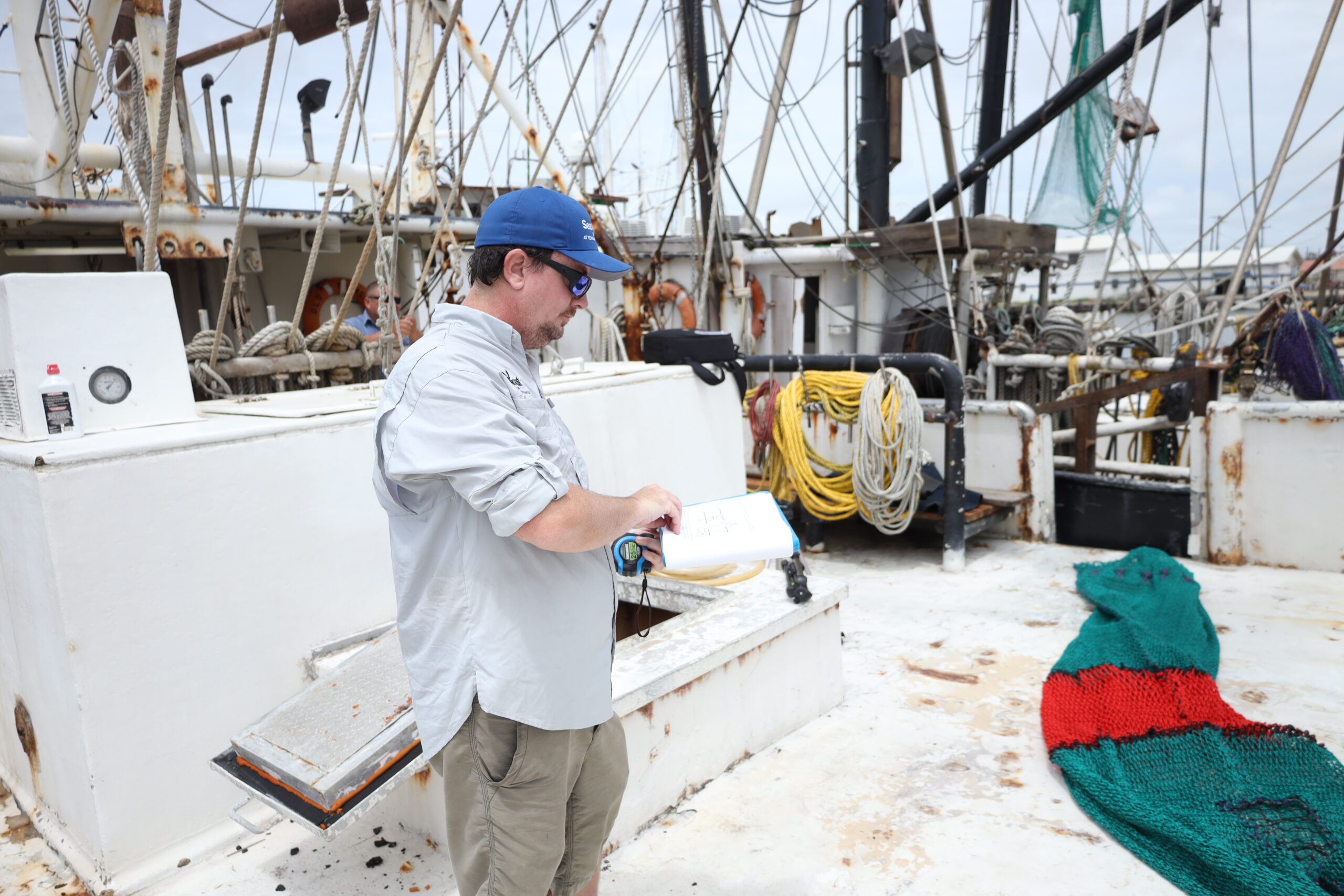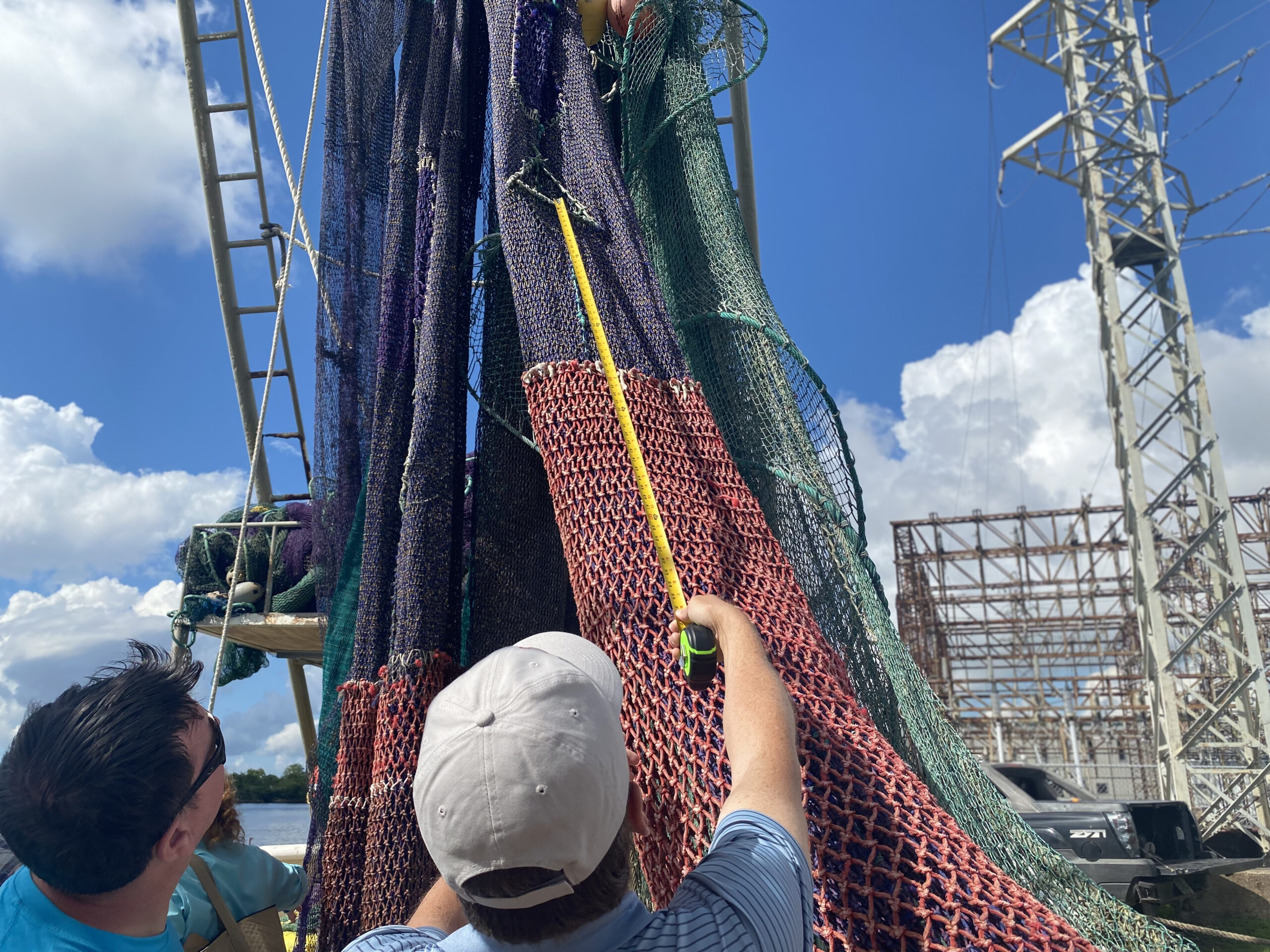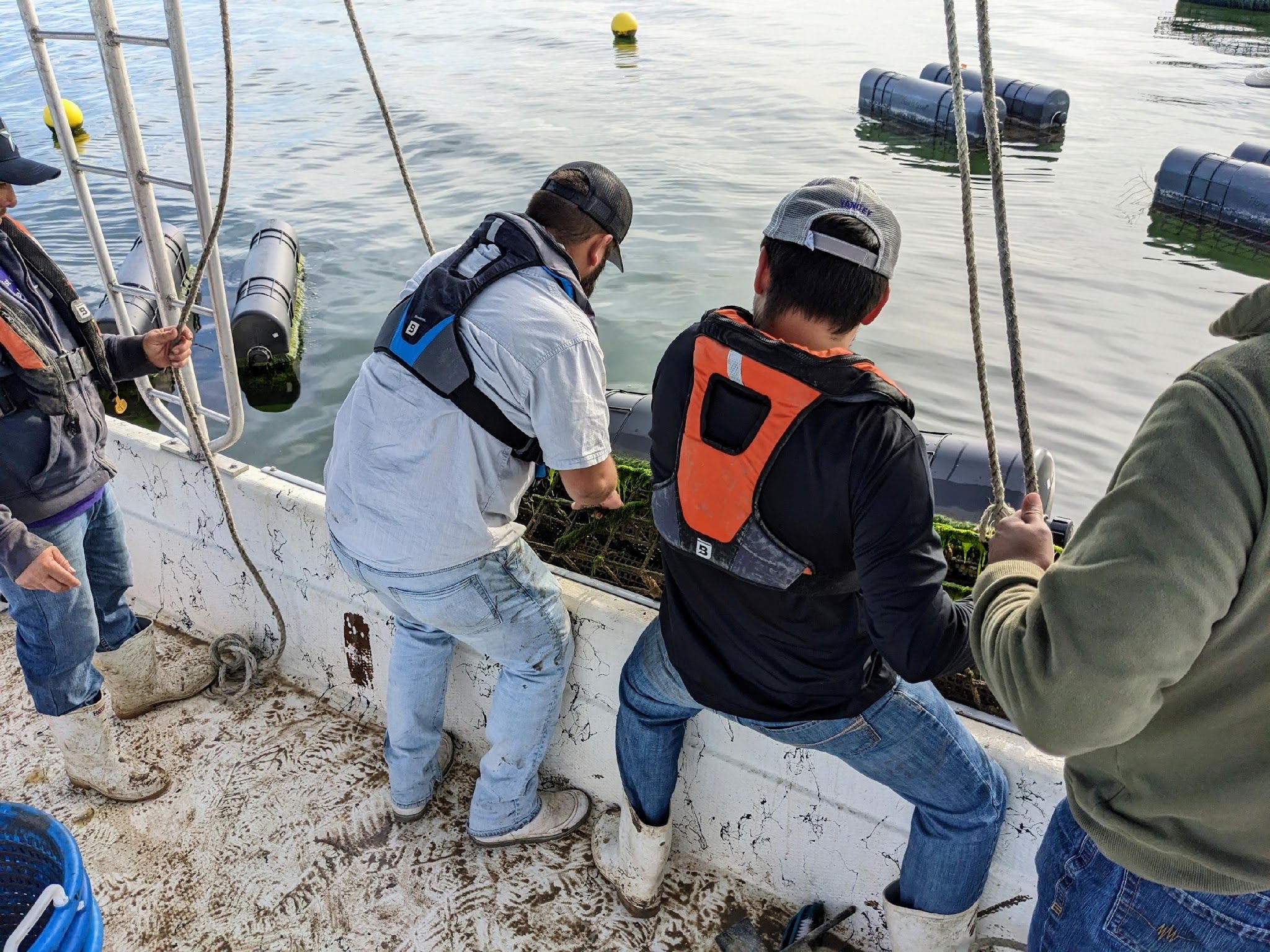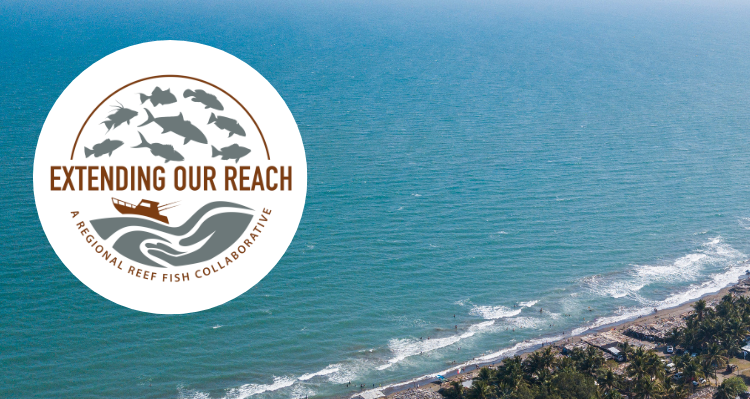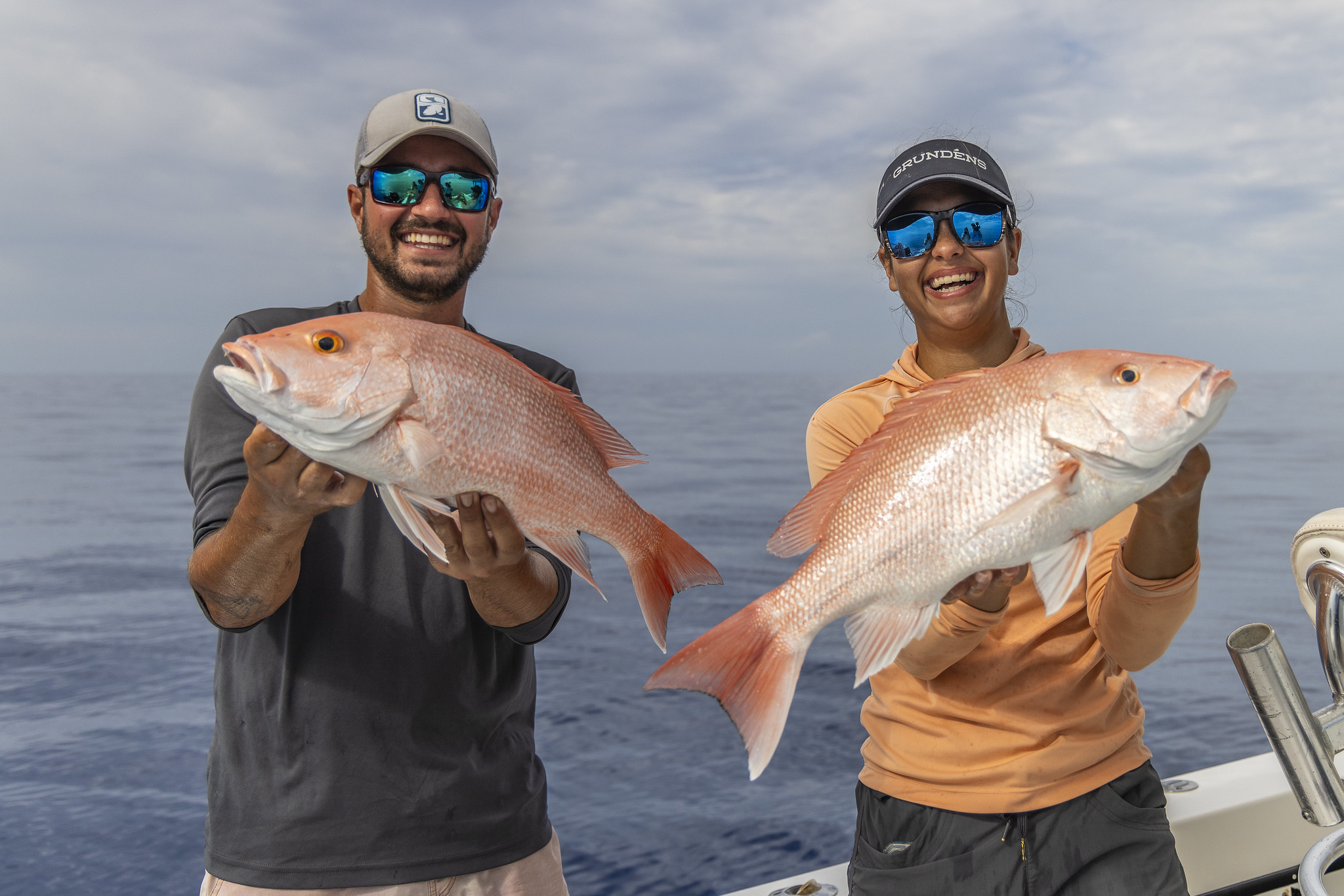
Sustainable Fisheries and Aquaculture
Texas Sea Grant works to ensure safe, secure, and sustainable supplies of domestic seafood and decrease our reliance on seafood imports.
The overall economic impact of the commercial, recreational, for-hire fisheries and aquaculture industries in the United States is more than $276 billion. The commercial fishing industry supports about 1 million full- and part-time jobs and generates $116 billion. The recreational and for-hire fishing industries generate significant tourism revenue with $73 billion in total economic impact for saltwater fishing and an additional $6 billion annually for Great Lakes recreational and for-hire fisheries. The U.S. aquaculture industry generates an economic impact of $1 billion, provides additional opportunities for job creation, and contributes to meeting the nation’s demand for finfish and shellfish.
Texas Sea Grant maintains its leadership role in working with the seafood industry to ensure a safe and sustainable supply of seafood products now and for future generations. Seafood safety will continue to be an ongoing concern for consumers as foreign imports, some of which are associated with seafood contamination, continue to increase. Texas Sea Grant’s partnership with NOAA Fisheries, state agencies, seafood processors, fishing associations and consumer groups will ensure safe, secure and sustainable supplies of domestic seafood and decrease our reliance on seafood imports.
Programs
Agents and specialists with Texas Sea Grant and other Sea Grant programs across the United States work with coastal fishing communities on seafood safety and sustainability.
Texas Sea Grant’s Texas Seafood Trail is an ever growing and collaborative initiative designed to showcase restaurants, markets, suppliers, and other organizations that serve local Gulf seafood or promote sustainable seafood education in Texas.
Drill Conductor courses are hands-on marine safety trainings accepted by the U.S. Coast Guard. Designed for captains and crew of commercial vessels, these courses cover survival equipment and emergency drill procedures—often including in-water practice sessions.
Cultivated oyster mariculture is a growing aquaculture industry in Texas, offering sustainable, year-round opportunities to farm eastern oysters. With strong market demand, it’s an ideal venture for coastal landowners and entrepreneurs. Texas Sea Grant provides expert support for starting and managing oyster farms along the coast.
The Gulf Commercial Fisherman Program is a hands-on, week-long, training initiative designed to introduce the skills, knowledge, and professional connections needed for a participant to develop successful career in commercial fishing in the Gulf of America.
Texas Sea Grant understands that individuals involved in the recreational fishing industry encounter distinct challenges based on their specific roles. To help meet these needs, we provide a range of extension services, educational initiatives, and other resources tailored to the recreational sector. Our mission is to strengthen Texas’ recreational fisheries by fostering connections, engaging coastal stakeholders, and linking coastal communities with scientific knowledge.
Recreational fishing guides play a key role in the Texas coastal economy, providing access to coastal waters and delivering unique ecological and educational experiences. To support this growing sector, Texas Sea Grant conducted a needs assessment and created tailored resources and workshops focused on business best practices, safety, environmental stewardship, and fisheries engagement.
Weighmasters play a critical role in sportfishing tournaments, ensuring accurate fish measurements and smooth weigh-in operations. With numerous tournaments across Texas, there’s a growing need for skilled, well-trained weighmasters throughout coastal communities.
The Texas Monofilament Recovery and Recycling Program (MRRP), coordinated by the Texas Sea Grant College Program, is a statewide, volunteer-driven initiative aimed at reducing monofilament pollution. The program focuses on educating the public about the environmental hazards of discarded fishing line and promotes proper recycling through a network of collection bins and designated drop-off sites.
Marine debris is a major issue for coastal areas, and Texas consistently ranks among the states with the highest amounts found on shorelines—accumulating 5 to 10 times more than some eastern Gulf and U.S. regions.
A report was designed to provide internal guidance for demonstrating how Sea Grant benefits local, regional and state economies, and includes important information about the economic impacts of commercial fishing, seafood processing, seafood retailing, recreational fishing, and environmental recreation and tourism.
The Small Bar TED Project works to enhance turtle excluder devices in Gulf shrimp trawls by testing smaller bar spacing that better protects juvenile sea turtles without impacting shrimp catch. In close partnership with shrimpers, the project balances effective conservation with the practical needs of the industry, helping support both sea turtle recovery and fishery sustainability.
Texas Sea Grant offers hands-on support to the commercial shrimp industry, including free gear inspections (BRDs and TEDs) with NOAA, net shop outreach, gear construction guidance, and training for TPWD game wardens. We also help organize vital safety courses like Man Overboard and Drill Conductor Certification. Our work boosts compliance, enhances safety, and supports the sustainability of the fishery and the communities that depend on it.
The Better BRDs project, led by NOAA Fisheries and Sea Grant partners, works to restore fish populations impacted by the Deepwater Horizon spill by testing improved bycatch reduction devices. The goal: support shrimpers with gear that balances conservation and fishery sustainability.
Texas’s oyster industry has struggled with harvest closures, impacting coastal communities. The Cultivated Oyster Mariculture Program offers a sustainable solution—training harvesters in oyster farming, supporting new businesses, and revitalizing the local seafood economy.
This project connects reef fish science with stakeholders through a regional extension effort spanning the Gulf of Mexico, South Atlantic, and U.S. Caribbean. With support from Texas Sea Grant, the initiative delivers research, outreach, and best practices to Texas recreational and commercial fishermen via workshops, events, and educational resources.
Return ‘Em Right is a collaborative effort to improve the survival of released reef fish in the Gulf of Mexico. Partnering with Gulf Sea Grant programs, NOAA, the Gulf States Marine Fisheries Commission, and a broad network of anglers, agencies, and conservation groups, the program supports sustainable fisheries and long-term conservation.
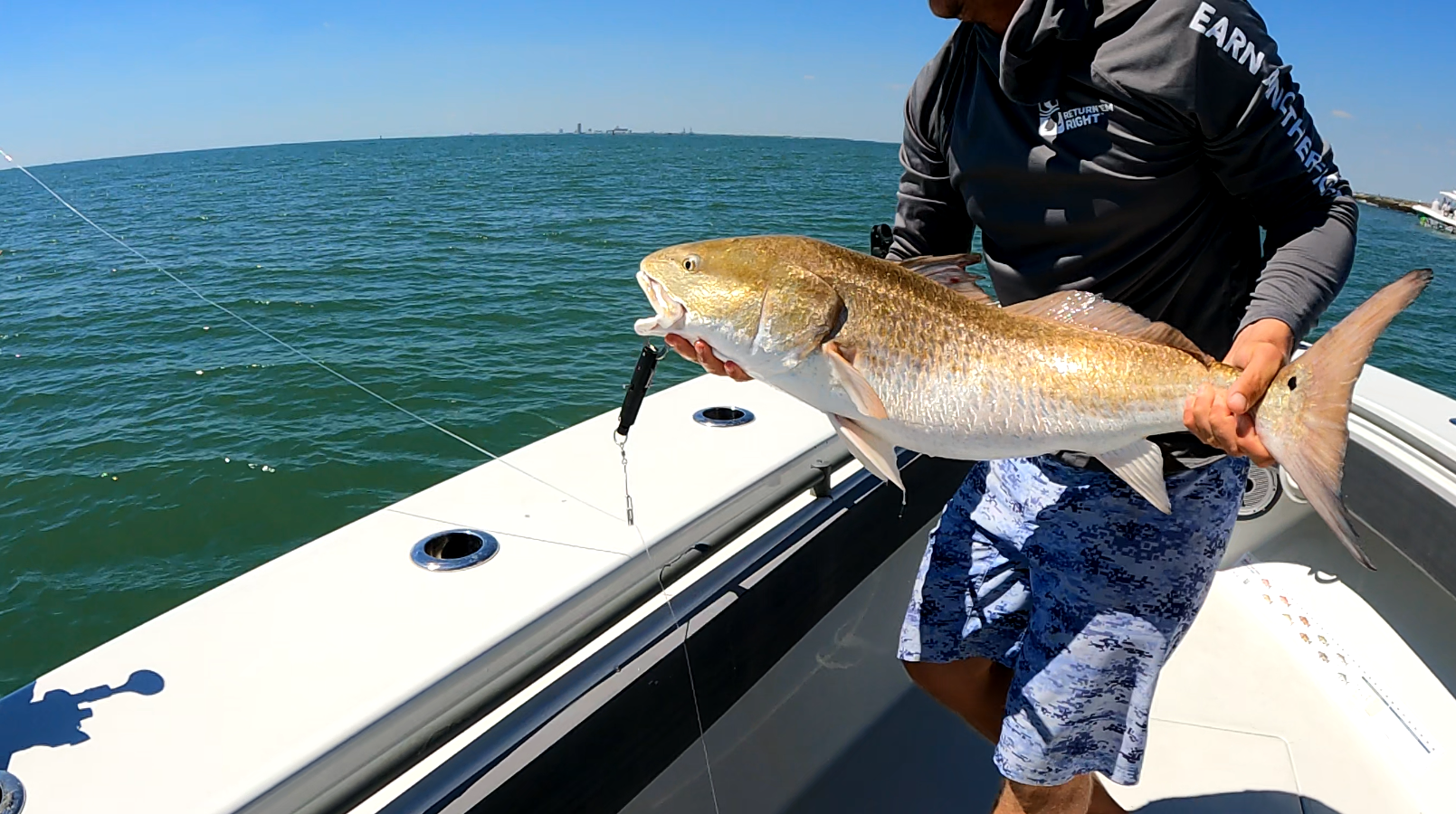
Programs in your region
Learn about the programs, events, and activities happening in your area to support healthy coastal ecosystems. Extension agents and specialists serve all coastal counties in Texas.
SFA News
Contact Us

Laura Picariello
Director, Texas Sea Grant College Program- lpicariello@tamu.edu
- (979) 845-3902
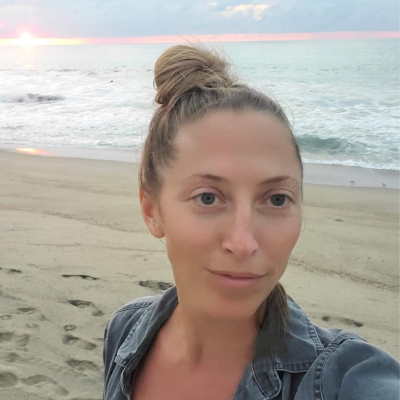
Christine (Chris) Hale
Director, Extension Corpus Christi, Texas- chris.hale@tamu.edu
- 361-825-6215
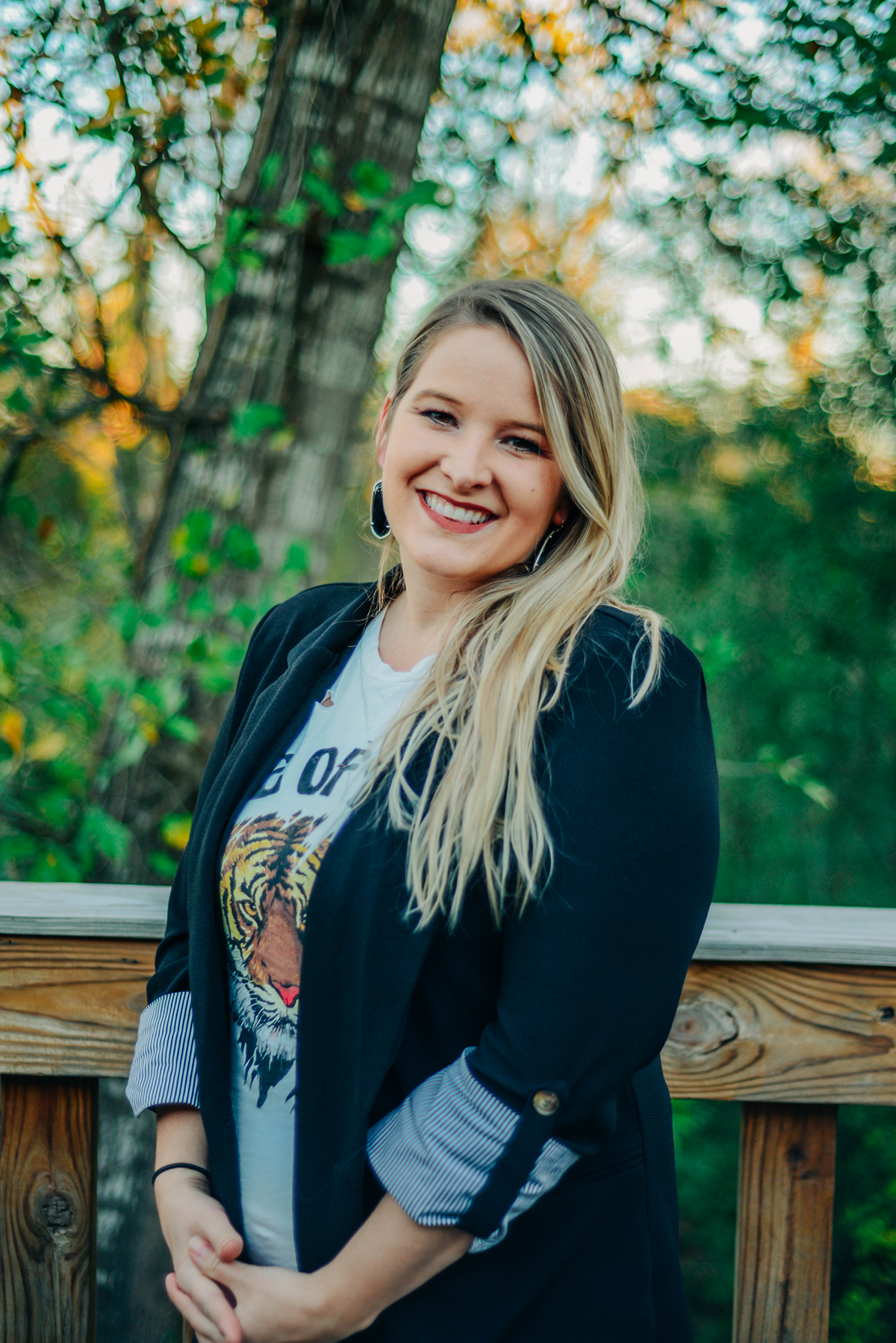
Megan Towery
Communications Director Texas Sea Grant Texas A&M University College Station, Texas- megantowery@tamu.edu
- (979) 845 -1245


